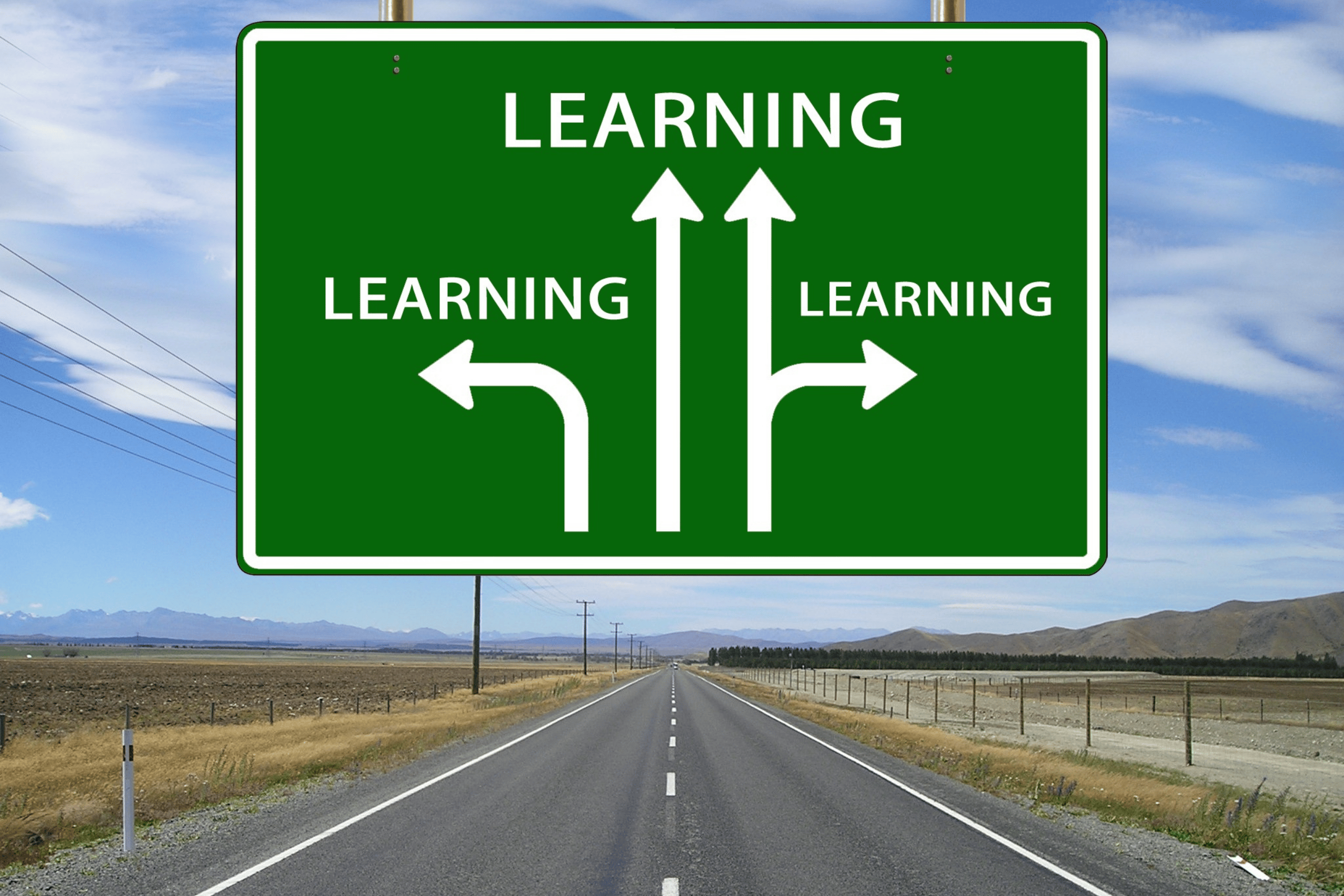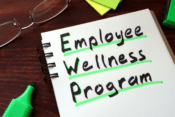
Tips for finding learning opportunities in your community.
I was watching a YouTube street interview the other day, and the host was stopping random people to ask, What do you do when you feel stuck in a boring routine? The answers were all over the place. One guy in a suit said he just binges Netflix shows. A young woman shared that she shares posts on social media to feel better. But one answer really stood out to me.
An older man smiled and said, “I learn something new. When you’re learning, life feels exciting again.”
His response stayed with me. They made me think about how often we underestimate the power of learning, especially when it’s accessible right in our communities.
And that’s what brings us here today. If you’ve ever wondered how to break out of your own routine or simply want to enrich your life, finding learning opportunities in your community could be the answer. Let’s take a look at how to uncover these hidden gems and turn your neighborhood into a classroom filled with endless possibilities.
1. Start with Local Libraries and Community Centers
Libraries and community centers are treasure troves of resources and programs. Many libraries offer workshops, book clubs, and even free classes on topics ranging from technology to creative writing. Community centers often provide affordable classes in arts, fitness, and more.
For example, popular blogs like Library Lovers Unite emphasize the growing trend of libraries becoming hubs for lifelong learning. Recent research from the American Library Association confirms that libraries across North America are expanding their educational offerings, particularly in digital literacy and career skills.
Actionable Tip: Visit your local library’s website or bulletin board to check out upcoming events and courses. You’ll likely find something that piques your interest.
2. Tap into Volunteer Opportunities
Volunteering isn’t just about giving back; it’s also a chance to learn new skills and meet like-minded people. Nonprofits and community projects often need help in areas like event planning, marketing, and more, offering you the opportunity to gain hands-on experience.
An expert opinion from Dr. Susan Manning, a community engagement specialist, highlights that “volunteering builds both hard and soft skills while fostering a sense of purpose.”
Actionable Tip: Websites like VolunteerMatch or local nonprofit directories are excellent starting points for finding volunteer opportunities that align with your interests.
3. Join Local Interest Groups or Clubs
If you have a passion, there’s likely a group in your community that shares it. From photography clubs to hiking groups, these communities provide a space to learn from others and share your own knowledge. Meetup.com is a fantastic resource for finding groups near you.
Popular blogs such as Hobbyist’s Haven recommend joining clubs for their ability to connect people with shared interests, which can lead to collaborative learning and creative growth.
Actionable Tip: Search for local groups on platforms like Meetup or Facebook Groups. Attend a meeting or event to gauge whether it’s a good fit for you.
4. Explore Local Colleges and Universities
Even if you’re not a student, many colleges offer community education programs that are open to the public. These can range from single-day workshops to semester-long courses. Topics often include languages, art, business, and technology.
According to a 2023 report by Education Today Journal, community-focused programs in colleges are gaining popularity as they help bridge the gap between academia and real-world skills.
Actionable Tip: Check the websites of nearby colleges for continuing education programs. You might discover a course that perfectly aligns with your goals.
5. Attend Local Events and Festivals
Community festivals, markets, and fairs often feature workshops, demos, and talks by local experts. These events are great for informal learning while supporting local businesses and artists.
Actionable Tip: Keep an eye on community calendars or websites like Eventbrite to stay updated on upcoming events. Attend with an open mind, ready to learn something new.
6. Leverage Online Resources with a Local Focus
While much of the internet offers global opportunities, there are online platforms that specifically cater to local learning. Websites like Nextdoor or local subreddit pages often share information about community classes, workshops, and other educational opportunities.
Actionable Tip: Join local online forums or groups to stay informed about learning opportunities tailored to your area.
7. Network with Community Leaders and Organizations
Your community leaders and organizations often know about initiatives and programs that aren’t widely advertised. Reaching out can help you discover opportunities you wouldn’t find otherwise.
“Building relationships within your community is a key step to uncovering hidden opportunities,” says Michael Lee, a community development consultant.
Actionable Tip: Attend town halls, community meetings, or networking events to connect with key figures in your area.
Tips for Maximizing Your Learning Experience
- Set Clear Goals: Define what you want to learn and why.
- Create a Learning Plan: Break down your goals into smaller, achievable steps.
- Prioritize Your Time: Allocate time for learning in your schedule.
- Stay Organized: Use tools like calendars and planners to keep track of deadlines and tasks.
- Be Patient and Persistent: Learning takes time and effort.
- Embrace Failure as a Learning Opportunity: Don’t be afraid to make mistakes.
- Celebrate Your Achievements: Reward yourself for your progress.
Overcoming Obstacles to Community Learning
- Lack of Time: Prioritize learning activities and make time for them.
- Financial Constraints: Look for free or low-cost opportunities.
- Self-Doubt: Believe in yourself and your ability to learn.
- Fear of the Unknown: Step outside your comfort zone and embrace new challenges.
Conclusion: Seize the Learning Opportunities Around You
Learning doesn’t have to mean enrolling in formal education. From libraries to festivals, your community is a classroom waiting to be explored. Take the first step today by looking into one of the suggestions above. Who knows? You might just stumble upon your next great adventure—no map required.
References
- American Library Association. (2023). “Lifelong Learning at Your Library.”
- Dr. Susan Manning’s interview on Volunteer Today (2023).
- Education Today Journal. (2023). “Community Education Programs Bridging Real-World Skills.”
- Library Lovers Unite Blog. “Why Libraries are More Than Books.” (2023).
- Hobbyist’s Haven Blog. “Top Reasons to Join Local Clubs.” (2023).












